natural trends: connecting with these consumers
by: Sarah Kneebone
Natural food products are experiencing epic growth right now. A 2019 report from Australian Organic Limited valued the Australian organic industry alone at $2.6 billion - and it's continuing to grow at record levels.
Today, we're sharing key insights on the "naturals" revolution and digging into the main drivers behind the exploding "naturals" market.
P.S. If you want to get your hands on the full white paper, including our future predictions and thoughts on how the food industry can adapt download it here.
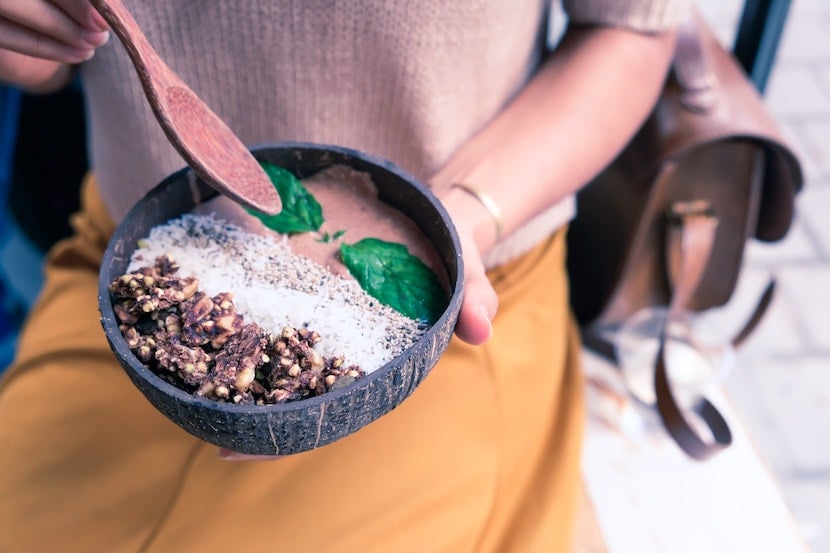
The "naturals" revolution.
Two-thirds of Aussie households are already buying organic and aggressive growth is set to continue thanks to building consumer consciousness, an ageing population, increasing rates of chronic disease and a strong Chinese export market for “clean” Australian produce.
We’re also seeing an explosion in niche natural products, especially in the drinks market. While soft drink consumption is tanking in the wake of the low sugar trend, healthy options are all seeing growth, with kombucha drinks growing seven-fold in recent years.
We spoke to our online community of Australian shoppers and asked what they want in food and drink products. From 11 statements ranging from “good for gut health” and “increases my mental performance” to “wholefood” and “environmentally-friendly”, the most commonly cited preference was for "ingredients I recognise as natural” alongside “sugar-free”.
51 per cent of also respondents expressed a willingness to pay more for a product that is made from all-natural ingredients.
Tightly woven to this trend is the shift towards free-from products. In particular, naturally free-from rather than the traditional processed options.
A similar story is playing out in categories such as dairy and soy-free. Many consumers are now adopting a diet that, while previously adopted for ethical or spiritual reasons, is now being sought out for the perceived health benefits.
Among our online community, 62 per cent indicated that they “pay attention to the free-from information on food and drinks packaging”.
Many Australians are also losing faith in big brands and large retailers when it comes to providing convenient, natural and healthy options:
- 59 per cent of our respondents indicated they think natural products are much better at meeting their dietary requirements than regular supermarket products.
- 45 per cent feel that there isn’t a very good range of natural food and drink products available in the supermarket.
- 43 per cent expressed a belief that supermarket food is less nutritious now-a-days.
It’s clear that there is big gap between supply and demand for today’s mindful consumers… those who are searching for healthy products without sacrificing taste and convenience.
The lifestyle shift.
Let’s dive into four of the key drivers that explain this lifestyle shift towards more natural products. These factors centre around the pillar concept of mindfulness.
1. Millennials.
In 2018 the world reached ‘”peak Millennial”: the last of this generation have now officially reached age 18, and they will be the reigning economic powerhouse for the coming decades.
They are the largest healthy eating consumer group in Australia and are amongst those most invested in this lifestyle.
The NPD Key Foodservice Trends Report found that these consumers place primary importance in transparency around ingredients.
36 per cent of millennials want to know if products are Australian-owned and grown, followed by whether they are locally grown (at 31 per cent) and whether products have no additives or preservatives (24 per cent).
2. Food as medicine.
As we move away from a time of restriction, calorie reduction and exclusion we move towards a time of nourishment, nutrient density and inclusion.
61 per cent of our survey respondents expressed that they care less about counting calories, and more about the nutrient content of their food and drink.
Consumers are taking their health into their own hands:
44 per cent of respondents also admitted to using food to “prevent, cure or manage a medical condition”, demonstrating that the term ‘food as medicine’ rings particularly true for consumers today.
People are searching for wholesome, functional and fortified foods to help optimise their health.
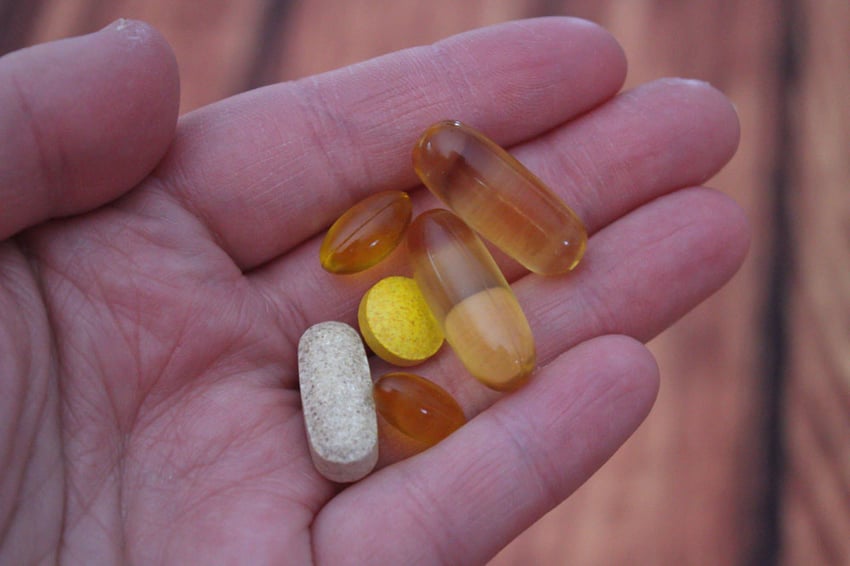
3. Personalised nutrition.
Consumers are looking to personalise their diet and nutrition to fit their individual needs. Food is becoming less of a commodity and more of a personalised decision.
The endless stream of new tools available to help people gain insight into their health is also generating huge shifts in consumer behaviour and decision-making.
Today’s consumers have access to everything from health apps to DNA testing kits and emerging companies like ph360 Australia, a customised lifestyle program which collects data from the body and uses complex algorithms to deliver personalised health recommendations.
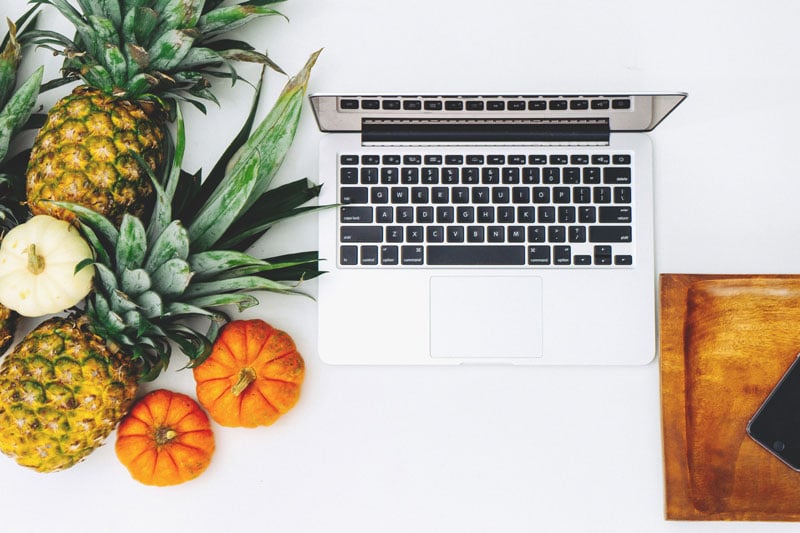
4. Social consciousness.
Today’s consumers care about a business’ integrity and values.
People want to leave a positive impact on the world and, as a result, they are making more conscious purchasing decisions:
- 83 per cent of our respondents prefer brands that are honest about how they process food and drink products.
- 61 per cent indicated that they are paying more attention to local brands and small manufacturers now-a-days.
Evidence of this sustainability push is clear to see in Australia as state governments ban single-use plastic and the ‘straw-free’ movement.

Over to you.
Hungry for more? We're just getting started! Download the full white paper now to find out how the FMCG industry can adapt amidst this lifestyle shift towards natural products. PLUS find out of our top three future predictions for the "naturals" industry.
P.S. Subscribe to the blog for more FMCG trends delivered straight to your inbox.
read it, love it, share it.
about the author
Sarah Kneebone
Sarah is PLAY’s go-to content writer with a passion for marrying creativity and communication with clever strategy. A former marketer with PLAY and for international brands such as QBE Insurance and General Motors, Sarah moved home to the UK to raise her little family and start a health coaching business. Luckily for us, she continues to share her talent for the written word with the team in Australia.


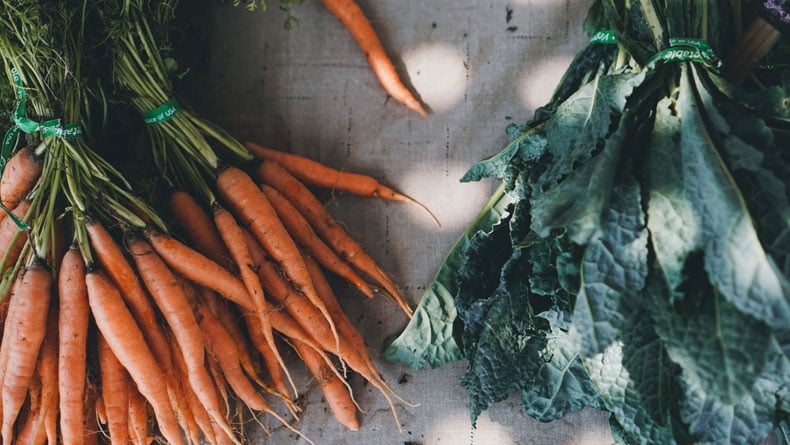
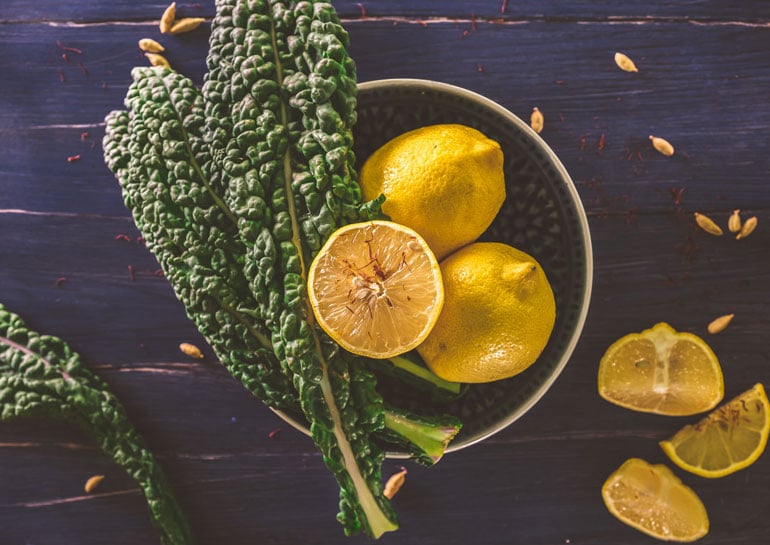



ask the author